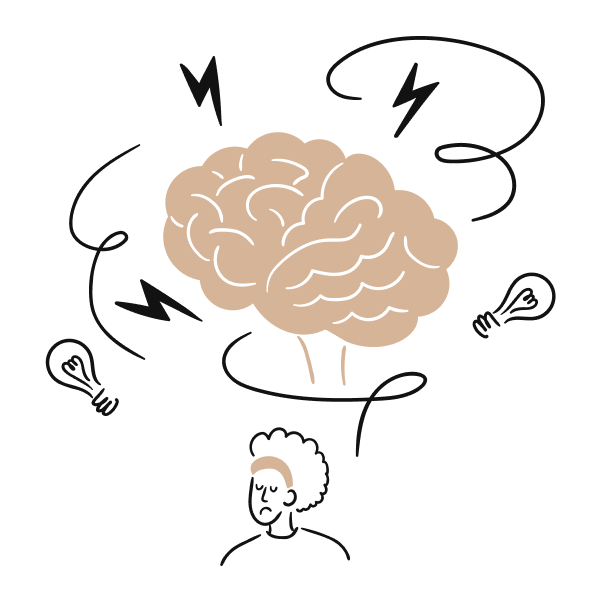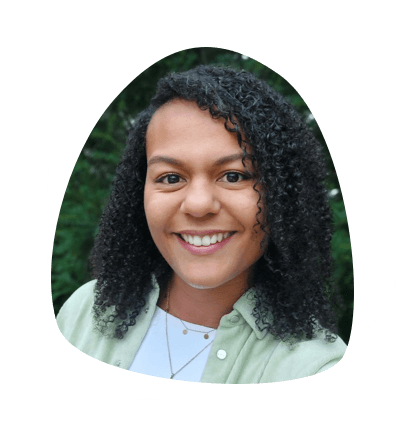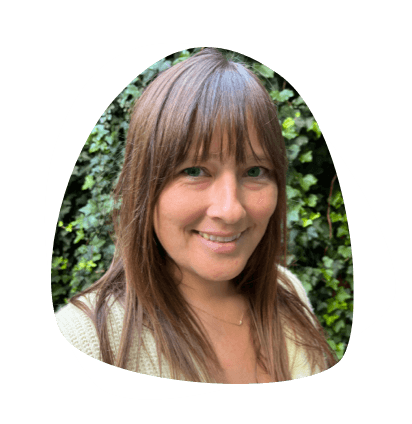We all get scared sometimes. It’s a healthy, human response to a dangerous or threatening situation. Most of us have also experienced anxiety. You get clammy palms, your breathing accelerates, you experience shortness of breath, you sweat, there’s tension in your muscles, you get butterflies in your stomach, your body starts to shake and you feel a general urge to run away.
What Is an Anxiety Disorder?
Anxiety very much serves a purpose. For example, it makes you run away from dangerous situations. But when anxiety becomes increasingly prevalent in harmless situations, it can start to interfere with your daily life. As you feel increasingly anxious, you’ll find it harder to engage with your daily activities. You’ll want to avoid any social interactions that might make you feel more anxious. If you’re experiencing long-term anxiety and it’s interfering with your quality of life, then you may have an anxiety disorder.
What Are the Symptoms of an Anxiety Disorder?
An anxiety disorder is a combination of various symptoms in which you experience at least the following:
- A clear feeling of anxiety or dread relating to a specific object or (social) situation, or fear of a panic attack.
- Despite feeling this fear very strongly, on some level you’re aware that it’s disproportionate to the actual degree of danger.
An anxiety disorder makes you tense, which leads to symptoms like:
- Worrying
- Restlessness and irritability
- Sleeping Disorders
- Fatigue
- Problems concentrating
- Muscle pains
In addition, an anxiety disorder can lead to the following physical symptoms:
- Sweating
- Cold chills
- Dizziness
- Trembling
- Heart palpitations
- Shortness of breath
- Tingling in the hands and/or feet
- Choking sensation
Physical symptoms, like dry mouth, nausea, stomach ache, and even vomiting and diarrhea can all also be signs of an anxiety disorder. Confusion is more extreme symptom of an anxiety disorder. You might struggle to remember where you are and who you are.
These symptoms will flare up in certain situations when you’re feeling afraid. You may experience several symptoms at once, but this isn’t always the case, which can also depends on the specific type of anxiety disorder.
How Do You Know If You’ve Got an Anxiety Disorder?
It’s most easy to identify symptoms of anxiety when you’re experiencing tension or uncertainty, for example if you’re in a new or unfamiliar situation. You’ll go out of your way to avoid confrontation and tension in your relationships because you don’t want to deal with it.
You might also notice yourself struggling to get out of bed when you’re experiencing a lot of tension or, for example, you might eat more when you’re feeling tense or stressed. These could all be symptoms of an anxiety disorder.
The Difference Between an Anxiety Disorder and a Phobia
There is a difference between an anxiety disorder and a phobia. A phobia relates to a specific fear. Anxiety disorder is more of an umbrella term. There’s a range of different anxiety disorders and phobias fall into this category.
Help
If your anxiety symptoms persist, then it might be a good idea to speak to your physician or a psychologist. A psychologist can help you to manage your anxiety disorder.
-
Do you have questions about treatments? Call us on +31207717996 and we will immediately give you personal advice and help creating a treatment plan.
-
At iPractice, we use blended care. This is a combination of online and offline therapy. You’ll have face-to-face conversations with a consulting psychologist and you’ll also have access to an online psychologist in between. This means that you can ask questions and share your thoughts whenever you want to.


 Nederlands
Nederlands




